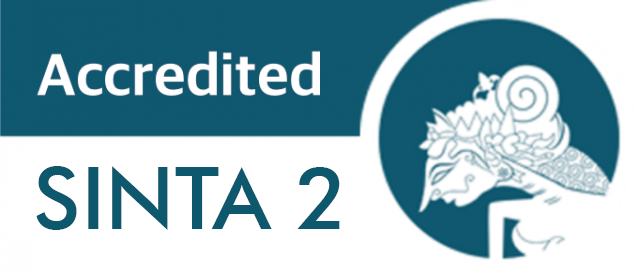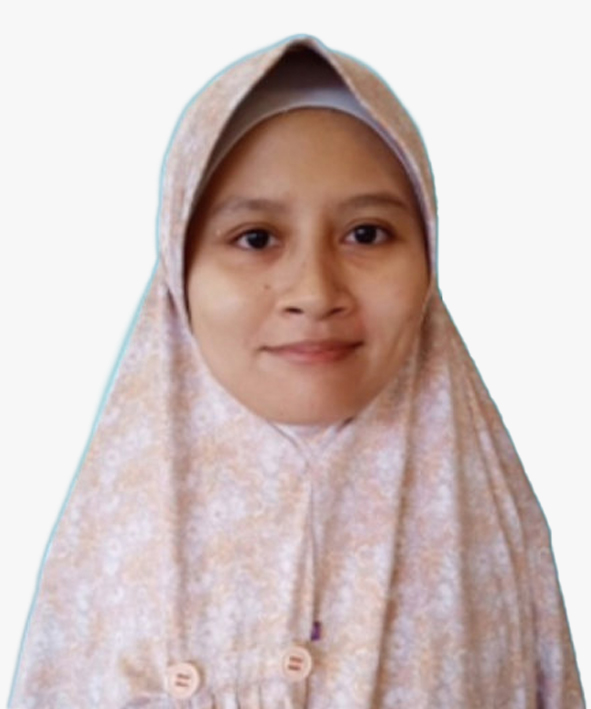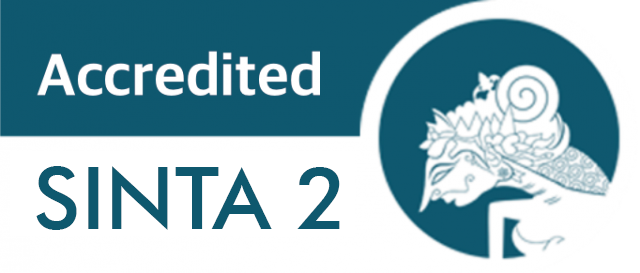Online Based Learning on Family Medicine Module for Medical Student: A Case Study on Postpartum Depression and Child Neglect
Downloads
Family medicine is one branch of medical field that provides a holistic care to ailments in every age group. Medical student need to fully understand family medicine by using holistic approach to an illness. Pandemic restrictions make movie watching as an alternative in remote learning. This study aims to take cases from movies and asses the management of patient using family medicine approach. We herein report and study the case reviewed from a web-series in which an infant was abandoned by her mother who suffers from postpartum depression. We highlight on the accuracy of the portrayal of the disorder and also assessing the steps taken by healthcare worker to treat the patient as a whole to determine the validity of using movie as a learning tool for medical student.
T. R. Freeman, McWhinney's Textbook of Family Medicine, 9th ed. Saunders, pp. 249, 2016.
M. Kadivar, M. K. Mafinejad, J. T. Bazzaz, A. Mirzazadeh, and Z. Jannat, "Cinemedicine: Using movies to improve students' understanding of psychosocial aspects of medicine,” Ann. Med. Surg., vol. 28, no. February, pp. 23–27, 2018, doi: 10.1016/j.amsu.2018.02.005.
American Psychological Asscociation, "Postpartum Depresion Fact Sheet,” 2008. [Online]. Available: https://www.apa.org/pi/women/resources/reports/postpartum-depression.
V. del Barrio, Diagnostic and Statistical Manual of Mental Disorders. pp. 186-187, 2004.
Departemen Kesehatan Republik Indonesia, Pedoman Penggolongan Diagnosis Gangguan Jiwa di Indonesia. pp. 96-97, 1993.
S. Mughal, A. Yusra, and W. Siddiqui, StatPearls. StatPearls Publishing, 2021.
T. Pearlstein, M. Howard, A. Sallsbury, and Z. Caron, "NIH Public Access. Postpartum depression (Pearlstein),” AM J Obs. Gynecol, vol. 200, no. 4, pp. 357–364, 2009, doi: 10.1016/j.ajog.2008.11.033.Postpartum.
R. Anokye, E. Acheampong, A. Budu-Ainooson, E. I. Obeng, and A. G. Akwasi, "Prevalence of postpartum depression and interventions utilized for its management,” Ann. Gen. Psychiatry, vol. 17, no. 1, pp. 1–8, 2018, doi: 10.1186/s12991-018-0188-0.
S. L. Grace, A. Evindar, and D. E. Stewart, "The effect of postpartum depression on child cognitive development and behavior: A review and critical analysis of the literature,” Arch. Womens. Ment. Health, vol. 6, no. 4, pp. 263–274, 2003, doi: 10.1007/s00737-003-0024-6.
C. E. Parsons, K. S. Young, T. J. Rochat, M. L. Kringelbach, and A. Stein, "Postnatal depression and its effects on child development: A review of evidence from low- and middle-income countries,” Br. Med. Bull., vol. 101, no. 1, pp. 57–79, 2012, doi: 10.1093/bmb/ldr047.
T. Field, "Postpartum Depression Effects on Early Interactions, Parenting, and Safety Practices: A Review,” vol. 33, no. 1, pp. 1–9, 2017, doi: 10.1016/j.infbeh.2009.10.005.Postpartum.
J. F. Paulson, S. Dauber, and J. A. Leiferman, "Individual and combined effects of postpartum depression in mothers and fathers on parenting behavior,” Pediatrics, vol. 118, no. 2, pp. 659–668, 2006, doi: 10.1542/peds.2005-2948.
M. C. Lovejoy, P. A. Graczyk, E. O'Hare, and G. Neuman, "Maternal depression and parenting behavior,” Clin. Psychol. Rev., vol. 20, no. 5, pp. 561–592, 2000, doi: 10.1016/s0272-7358(98)00100-7.
W. V. Bobo and B. P. Yawn, "Concise review for physicians and other clinicians: Postpartum depression,” Mayo Clin. Proc., vol. 89, no. 6, pp. 835–844, 2014, doi: 10.1016/j.mayocp.2014.01.027.
C. L. Dennis and K. McQueen, "Does maternal postpartum depressive symptomatology influence infant feeding outcomes?,” Acta Paediatr. Int. J. Paediatr., vol. 96, no. 4, pp. 590–594, 2007, doi: 10.1111/j.1651-2227.2007.00184.x.
C. J. Pope and D. Mazmanian, "Breastfeeding and postpartum depression: An overview and methodological recommendations for future research,” Depress. Res. Treat., vol. 2016, 2016, doi: 10.1155/2016/4765310.
K. T. McLearn, C. S. Minkovitz, D. M. Strobino, E. Marks, and W. Hou, "Maternal depressive symptoms at 2 to 4 months post partum and early parenting practices,” Arch. Pediatr. Adolesc. Med., vol. 160, no. 3, pp. 279–284, 2006, doi: 10.1001/archpedi.160.3.279.
S. Watkins, S. Meltzer-Brody, D. Zolnoun, and A. Stuebe, "Early breastfeeding experiences and postpartum depression,” Obstet. Gynecol., vol. 118, no. 2, pp. 214–221, 2011, doi: 10.1097/AOG.0b013e3182260a2d.
G. J. Homan, "Failure to thrive: A practical guide,” Am. Fam. Physician, vol. 94, no. 4, pp. 295–299, 2016.
L. H. Goh, C. H. How, and K. H. Ng, "Failure to thrive in babies and toddlers,” Singapore Med. J., vol. 57, no. 6, pp. 287–291, 2016, doi: 10.11622/smedj.2016102.
A. Lezo, L. Baldini, and M. Asteggiano, "Failure to thrive in the outpatient clinic: A new insight,” Nutrients, vol. 12, no. 8, pp. 1–16, 2020, doi: 10.3390/nu12082202.
Copyright (c) 2022 Myrna D. Savitri, Naufal Najmuddin, Azimatul Karimah

This work is licensed under a Creative Commons Attribution-ShareAlike 4.0 International License.
1. Copyright of this journal is possession of the Author, by the knowledge of the Editorial Board and Journal Manager, while the moral right of the publication belongs to the author.
2. The journal allows the author(s) to retain publishing rights without restrictions.
3. The articles are published under a Creative Commons Attribution Share-Alike (CC BY-SA) license. Many research funding bodies prefer the CC BY-SA license because it allows for maximum dissemination and re-use of open access materials. Users are free to share (copy, distribute, and transmit) and remix (adapt) the contribution under this license, including for commercial purposes, as long as they attribute the contribution in the manner specified by the author or licensor.




























